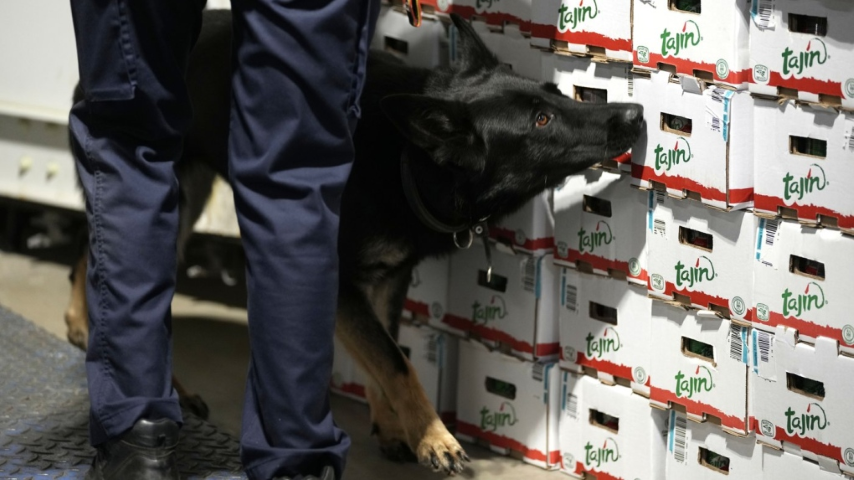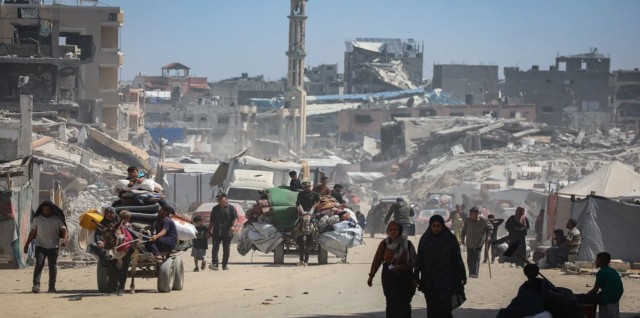
In the Port of Antwerp, customs officials made a significant cocaine seizure in 2023, setting a new record with 116 tons intercepted, according to Belgian authorities. The accomplishment surpasses previous efforts and reflects the ongoing challenges faced by customs agents in combating drug trafficking. The successful operation underscores the importance of vigilance and cooperation in addressing illicit activities at the port.
In a disconcerting revelation, Belgian authorities declared on Wednesday that a staggering 116 tons of cocaine were confiscated in the port of Antwerp in 2023, marking a second consecutive year of record-breaking drug seizures. This alarming surge in drug-related incidents is attributed to the escalating demand for cocaine across the European Union (EU), with consequential outbreaks of violence in major port cities such as Antwerp, and Rotterdam in the Netherlands, and Marseille in France.
Antwerp, once a thriving European port, has unfortunately evolved into the primary entry point for cocaine from Latin American cartels into the continent. Finance Minister Vincent Van Peteghem disclosed that an additional five tons of cocaine were apprehended last year at the Zeebrugge port, an integral part of the larger Port of Antwerp-Bruges.
Minister Van Peteghem expressed gratitude to the dedicated personnel dispersed throughout the country, acknowledging their exceptional efforts in challenging circumstances. This commendation followed a significant development in the form of the arrest of 22 individuals, including three police officers, in a substantial anti-drug operation targeting suspected cocaine smugglers in Antwerp.
The quantity of cocaine intercepted at Europe's second-largest seaport surged from 110 tons in 2022, underscoring the severity of the situation. Belgian authorities noted that Colombia, Ecuador, and Panama remain the primary source countries for the illicit drug shipments.
Europe is witnessing an alarming trend of increasing cocaine seizures, with EU member countries halting a staggering 303 tons in 2021. A report from the EU agency monitoring drugs and addiction revealed that 75 percent of this total was confiscated in Belgium, the Netherlands, and Spain. The Dutch government echoed similar concerns, reporting a substantial rise in cocaine seizures from nearly 51 tons to almost 60 tons in the past year.
State Secretary Aukje de Vries, overseeing customs authorities in the Netherlands, emphasized the ongoing struggle against cocaine smuggling, highlighting the need for continuous attention and investment. In Belgium, federal authorities express deep concern as drug trafficking rapidly infiltrates society, with foreign criminal organizations establishing significant roots, bringing with them a wave of violence and ruthless operations.
Antwerp, in particular, has witnessed a surge in criminal activities, including grenade attacks, fires, and small bombs over the past four years, all linked to gangs vying for control of the lucrative cocaine trade. The severity of the situation is underscored by the fact that former Justice Minister Vincent Van Quickenborne had to live in hiding due to credible threats of kidnapping or harm from drug gangs.
In light of these developments, the fight against cocaine trafficking remains a critical and persistent challenge, requiring concerted efforts and investments to curb the escalating crisis.















